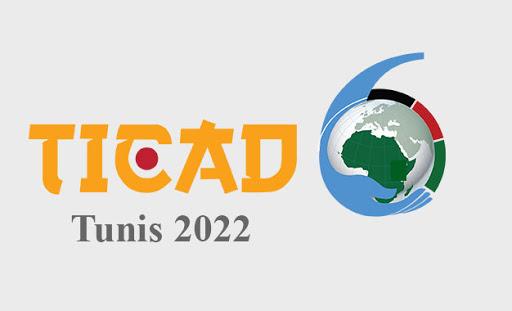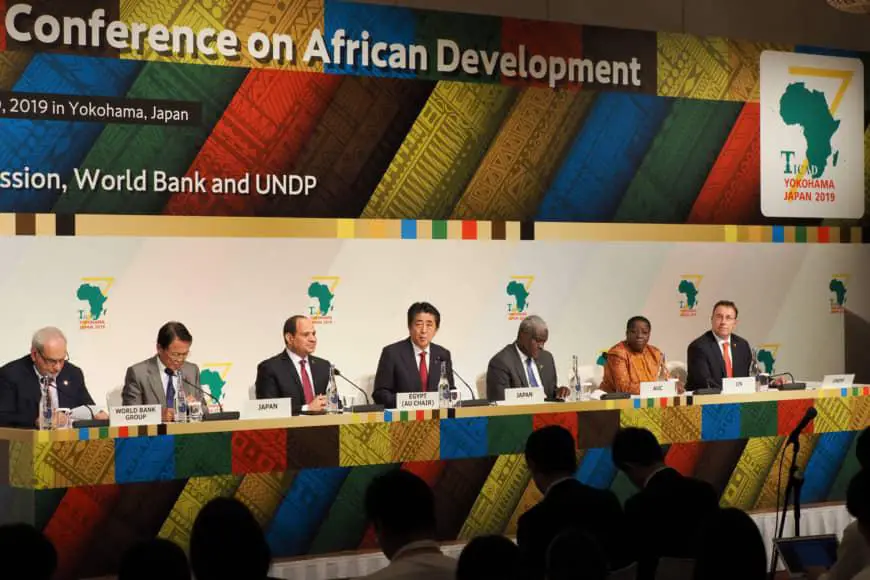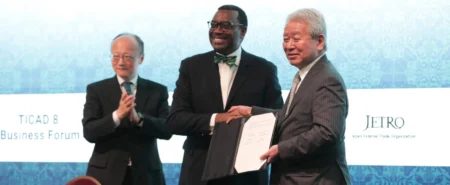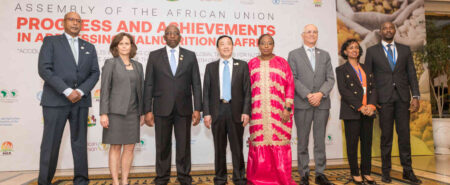- The conference allows Africa and Japan to benefit from each other’s comparative advantages
- The conference has been in place since 1993, co-hosted by the United Nations, UNDP, World Bank and AUC
- TICAD8 will happen in the Republic of Tunisia, the second country in Africa to host the meeting after Kenya in 2016
There has been a common trend in Africa where powerful countries are competing on their influence in the continent, and Japan is fast-rolling its sleeves!
The government of Japan will hold a TICAD Ministerial Meeting online on March 26 and 27, chaired by Japan’s minister of foreign affairs, Hayashi Yoshimasa, ahead of the 8th Tokyo International Conference on African Development (TICAD8), to be held on August 27 and 28, 2022. Several other follow-up meetings at ministerial and senior official levels will be held before TICAD8.
The Tokyo International Conference on African Development (TICAD) will house many participants, including foreign ministers from African countries, who will discuss priority issues for African development as countries recover from the pressure exerted by the COVID-19 pandemic in the last two years.
Read: World: Japan to invest US$42 billion in India to boost economic ties
TICAD’s development strategy stands on three pillars:
- Economy- Accelerating economic transformation and improving the business environment through innovation and private sector engagement.
- Society- Deepening sustainable and resilient society.
- Strengthening Peace and stability.

Japan invests in Africa
TICAD8 will happen in the Republic of Tunisia, the second country in Africa to host the meeting after Kenya in 2016. During the TICAD6 meeting that was held at the Kenyatta International Convention Center in Nairobi, Kenya, Japan pledged to invest US$30 billion in Africa: US$10 billion in infrastructure growth, while an extra US$20 billion will be invested by Japan’s private sector.
In TICAD6, more than 6,000 people participated in the conference, including 22 presidents, two prime ministers, hosted by the Government of Kenya and co-organized by the Government of Japan, the United Nations Development Programme (UNDP), the World Bank, the African Union Commission (AUC) and the UN Office of the Special Advisor on Africa (UNOSAA).
Read: Renaissance Africa: The economic resurgence of a continent
TICAD7 happened in Yokohama City, Japan, with more than 10,000 participants, including 42 African leaders, 52 development partner countries, 108 heads of international and regional organizations, civil society representatives and the private sector.
The Prime Minister of Japan, Shinzō Abe, unveiled that the TICAD7 Initiative would be driven by Entrepreneurship, Enterprise, Investment and Innovation, which will leverage science, technology, and innovation to unleash Africa’s potential under TICAD’s philosophy of ownership and partnership.
The popularity of TICAD is growing with every conference, showing how Japan is cementing its ground to influence the economic development in the African continent.
![Tunisia: Japan holds first Ministerial Meeting ahead of TICAD8 Conference 2 TICAD8 will be held on 27 and 28 August, 2022. [Photo/Egypt Today]](https://theexchange.africa/wp-content/uploads/2022/03/Egypt-Toda-TICAD-628x375.jpg)
The minister for foreign affairs in Japan states that the COVID-19 pandemic has also had a considerable socio-economic impact on Africa; Japan is of the view that now is the time to work together internationally.
TICAD is singling out infrastructure development in Africa and supports the success of the African Continental Free Trade Area (AfCFTA) and job creation for youth as critical areas of focus to expedite Africa’s development. The conference stresses the need to maintain the spirit of inclusiveness and ownership that has always prevailed in the TICAD process.
TICAD aims to connect Africa to regional, continental, and global knowledge, networks, and expertise fostering consensus building; and supporting the implementation of shared regional, continental and international agendas. The conference allows Africa and Japan to benefit from each other’s comparative advantages, Japan’s experience in Asia’s development and Africa’s current economic dynamics.
Japan is targeting to involve all the countries in Africa in this year’s Tokyo International Conference on African Development (TICAD) to promote inclusivity and African development.
Read: Africa freedom, economic or social, is a fleeting mirage










